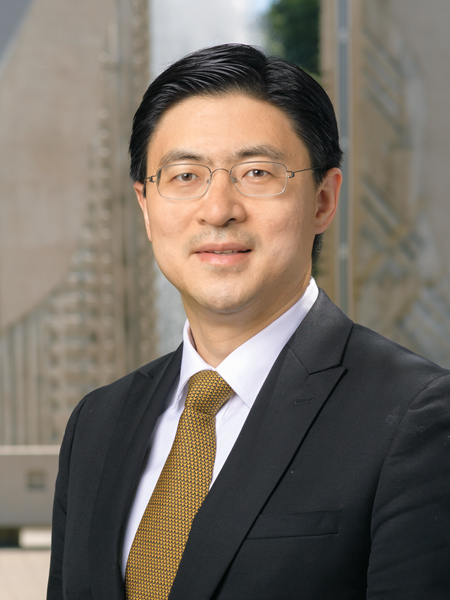Dean Chiang selected for leadership role with global Industrial Internet Consortium

The IIC reported the election of Chiang and Ron Zahavi, chief strategist for IoT standards at Microsoft, in connection with announcing (Jan. 31) that it has combined with the OpenFog Consortium, which Chiang co-founded in 2015, blending the two influential international consortia in IoT.
The shared goal is to transform business and society by accelerating the momentum of the industrial IoT, including developing and promoting industry guidance and best practices for fog and edge computing. The IIC’s mission is to deliver a trustworthy IoT in which the world’s systems and devices are securely connected and controlled to deliver transformational outcomes.
“This agreement brings together the two most important organizations shaping the Industrial Internet of Things,” said Stan Schneider, CEO of Real-Time Innovations (RTI) and vice chair of the IIC Steering Committee. “The combined organization offers greater influence to members, more clarity to the market, and a lower-risk path to the future for end users. We will be the center of gravity for the future of Industrial IoT systems across industry verticals.”
Chiang is the only university member in the 10-member board of the new IIC and brings significant expertise to this role. Currently, the Purdue Engineering dean also serves as Purdue’s Roscoe H. George Professor of Electrical and Computer Engineering. Previously, he was the Arthur LeGrand Doty Professor of Electrical Engineering at Princeton University, where he founded the Princeton EDGE Lab, which bridges the theory-practice gap in edge networking research. Chiang received the 2013 Alan T. Waterman Award and a 2015 Guggenheim Fellowship for his contributions to networking research and development.
“Our representation on this influential body speaks strongly for the R&D expertise of Purdue Engineering and the state of Indiana in IoT, 5G, and edge/fog computing – critically important areas in reshaping business and society,” Chiang said. “This participation from academia on the board, alongside Microsoft and other corporate leaders, is catalytic for industry-university synergy in advancing the way we live and work and driving IoT-related innovation across industries from energy and healthcare to manufacturing and smart cities.”
Source: Purdue News Room
